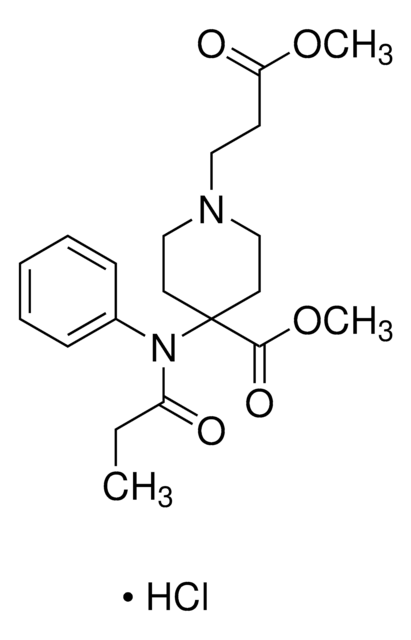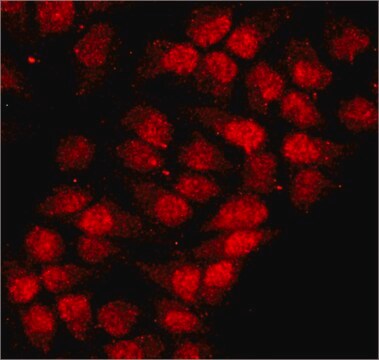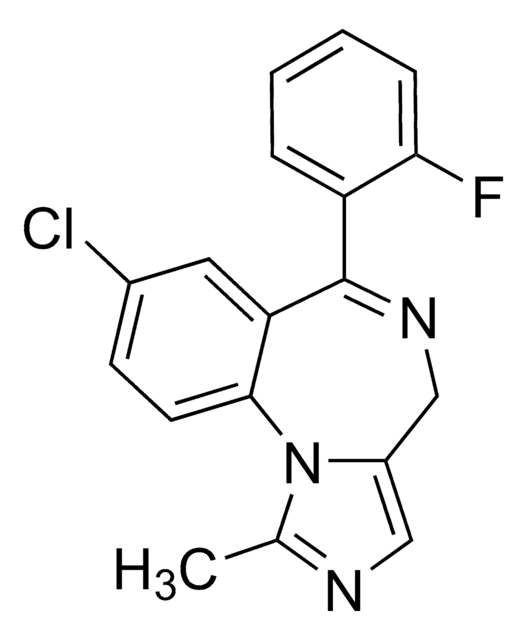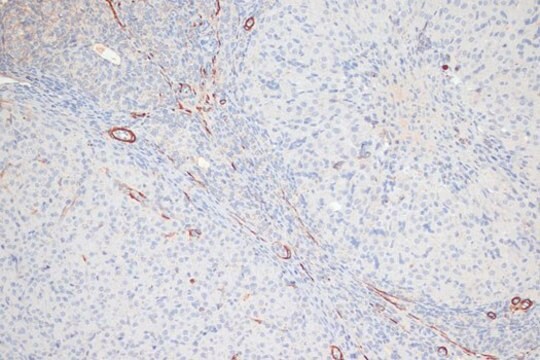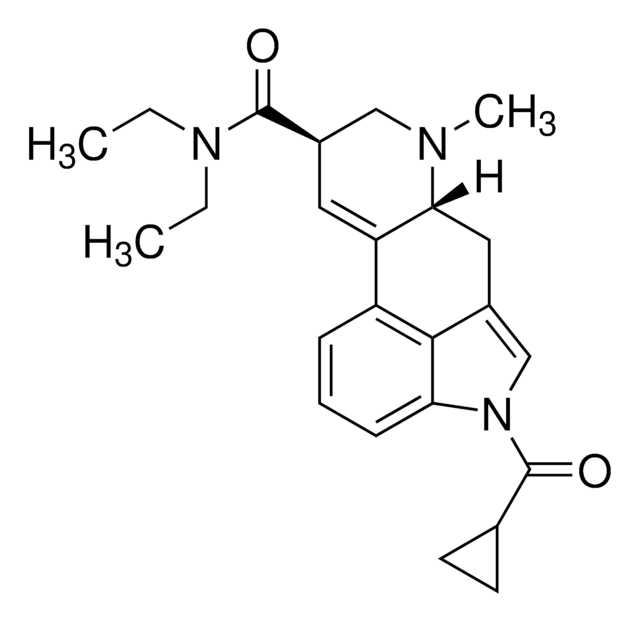R4903
Anti-hnRNP-L antibody, Mouse monoclonal
clone 4D11, purified from hybridoma cell culture
Synonym(s):
Anti-Heterogeneous Nuclear Ribonucleoprotein-L
About This Item
Recommended Products
biological source
mouse
Quality Level
conjugate
unconjugated
antibody form
purified from hybridoma cell culture
antibody product type
primary antibodies
clone
4D11, monoclonal
form
buffered aqueous solution
mol wt
antigen ~68 kDa
species reactivity
bovine, newt, chicken, human, monkey, mouse
technique(s)
immunocytochemistry: suitable
immunoprecipitation (IP): suitable
indirect ELISA: suitable
microarray: suitable
western blot: 0.25-0.5 μg/mL using total cell extract of MDBK cells
isotype
IgG1
UniProt accession no.
shipped in
dry ice
storage temp.
−20°C
target post-translational modification
unmodified
Gene Information
human ... HNRNPL(3191)
mouse ... Hnrnpl(15388)
Related Categories
General description
Immunogen
Application
- immunoblotting
- enzyme linked immunosorbent assay (ELISA)
- immunoprecipitation
- immunocytochemistry
- western blotting
Biochem/physiol Actions
Physical form
Disclaimer
Not finding the right product?
Try our Product Selector Tool.
Storage Class
10 - Combustible liquids
wgk_germany
nwg
flash_point_f
Not applicable
flash_point_c
Not applicable
ppe
Eyeshields, Gloves, multi-purpose combination respirator cartridge (US)
Choose from one of the most recent versions:
Certificates of Analysis (COA)
Don't see the Right Version?
If you require a particular version, you can look up a specific certificate by the Lot or Batch number.
Already Own This Product?
Find documentation for the products that you have recently purchased in the Document Library.
Our team of scientists has experience in all areas of research including Life Science, Material Science, Chemical Synthesis, Chromatography, Analytical and many others.
Contact Technical Service
